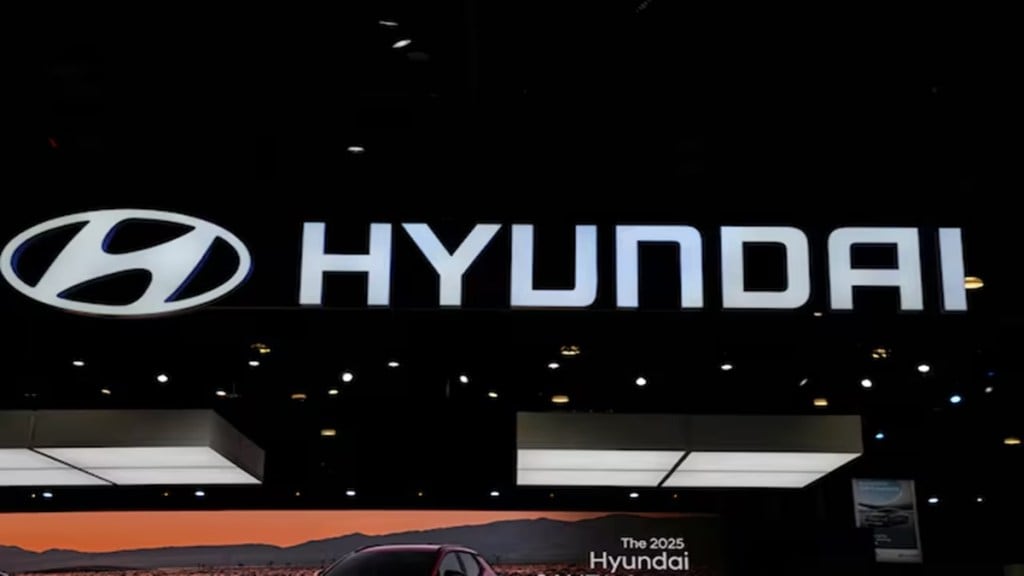South Korean auto major Hyundai Motor Co is making its most ambitious move yet in India, committing an investment of Rs 45,000 crore by FY2030 to turn the country into its second-largest market globally, next only to the US. The announcement, which was made at Hyundai Motor India’s (HMIL) first-ever Investor Day in Mumbai on Wednesday, comes alongside another major decision, which is that for the first time since its India entry in the mid-1990s, the company will be led by an Indian managing director and CEO, Tarun Garg, starting January 2026.
The plan underscores Hyundai’s long-term commitment to India at a time when some global rivals have either scaled down or exited. President and CEO Jose Munoz made it clear that Hyundai sees India as central to its global growth strategy. “While others cut, we build. While others exit markets, we double down,” he said, without naming Ford and General Motors, both of which shut operations in the country in recent years. “India is more important to us than China,” he added, stressing that Hyundai aims to make India a hub not only for domestic consumption but also for exports and advanced manufacturing.
Under its 2030 roadmap, HMIL will launch 26 products, including seven entirely new nameplates. The portfolio will span multiple powertrains – internal combustion, CNG, hybrid, and electric – and mark Hyundai’s debut in the multi-purpose vehicle and off-road SUV segments. The most significant shift, however, lies in its powertrain strategy. After years of focusing on battery electrics, Hyundai is pivoting to hybrids in a big way, planning to introduce eight hybrid SUVs by 2030, the largest such line-up by any manufacturer in the country.
Hyundai’s localised product push is equally striking. The company will roll out its first locally designed, developed, and manufactured electric SUV by 2027, a compact model tailored to Indian conditions, with multiple battery options for both long-distance and urban driving. Its luxury brand Genesis will also make its long-awaited India debut by 2027 through local assembly, allowing it to price models competitively against rivals such as Mercedes-Benz, BMW, and Lexus.
Munoz said Hyundai Capital, the company’s financial services arm, will enter India by the second quarter of 2026. It will start as a non-banking finance company, providing auto loans, leasing, and mobility services. “Sales finance is a strategic enabler of growth and customer satisfaction,” Munoz said, noting that markets with in-house finance options typically show higher customer retention and stronger brand value.
The investment plan is neatly divided. About 60% will go into product development and R&D, while the remaining 40% will be channelled toward capacity expansion, manufacturing upgrades, and localisation of advanced components. Hyundai’s second manufacturing phase will see deeper localisation of high-technology parts, including e-powertrains, battery cells, and sub-components.
Currently, India accounts for 15% of Hyundai’s global sales, making it the company’s third-largest market after the US and Korea. By 2030, Munoz expects India to climb to the second spot. HMIL is targeting revenue growth of 1.5 times to cross Rs 1 lakh crore by FY2030, with a contribution of up to 30% from exports. The company’s product mix will tilt heavily toward SUVs, with utility vehicles projected to make up 80% of its total sales. Clean powertrains, CNG, hybrid, and EV, will account for more than half of its portfolio.
Speaking about Garg’s appointment as MD and CEO, Munoz said, “The first time ever an Indian is going to become managing director and CEO from January 2026. This talks about the confidence we have in this market”. Garg, who currently serves as chief operating officer, has been instrumental in strengthening Hyundai’s SUV dominance and steering its response to rising competition from Tata Motors and Mahindra & Mahindra.
Despite intense rivalry and recent dips in market share, which is down to around 13% as of September 2025, Hyundai is determined to reclaim lost ground. “We remain steadfast in augmenting our presence in the high-growth SUV segment through a robust product strategy and a customer-centric approach,” Garg said. He added that by 2030, Hyundai’s network will reach 85% districts, with rural markets contributing 30% of total sales.

